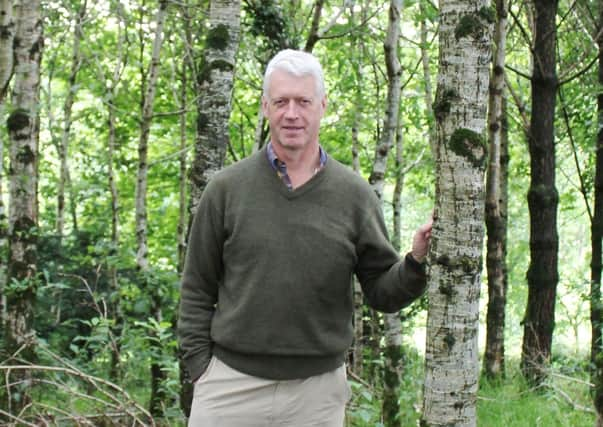Minister must prioritise forestry development


It is crucial that he fully recognises the importance of the private forestry sector in this context. Trees tick every box from a future land use perspective
Next Friday (August 28th) will bring to an end the application period for the Forestry Expansion Scheme (FES). This is the last tranche of the support measure that has been jointly funded by the UK and the EU. Its roll out over the past five years has been a good news: bad news story for the private forestry sector.
Advertisement
Advertisement
The bad news centres on the fact that all of the funding ear marked for the scheme will, almost certainly, not be allocated. This raises the scenario of monies – that had been allocated for private sector woodland and forestry development - being returned to Brussels.
The good news is that, as the current scheme evolved, Forest Service became more adept at making it work more efficiently. A case in point is the fact has seen Forest Service committing to issue all FES contracts before the end of December. This, in turn, means that planting can get underway as soon as the New Year comes around.
Previously, contracts were not issued until the end of January or February, which meant a large proportion of the tree planting season was lost due to ground preparation having to come first, before any trees could be planted in March/April, assuming weather conditions permitted.
This is the last round-up for FES. It goes without saying that Forest Service should green light as many applications as possible. In truth, the money is there to allow them do this.
Advertisement
Advertisement
Given our own experience of recent weeks, the number of applications submitted under FES will be up on previous years. Let’s hope this is repeated across the board.
Looking ahead we need to see new forestry support schemes that actually work in tandem with the industry. For example, there is no reason why future grant application periods should not be brought forward to the early summer. This would allow all planting contracts to be issued in the early autumn, giving those wanting to establish new plantations a full planting season to get on with the work required.
But above all else we need to see our Agriculture Minister and Forest Service commit to promoting private forestry development in ways not witnessed up to this point. I welcome the public commitments to tree planting made by Edwin Poots since taking up office. But we need to see these promises converted into hard reality on the ground.
I will end with a word or two on Ash Dieback. We are now starting to see the disease impacting on our countryside in a very noticeable way, unfortunately this is only the beginning. We are far beyond the point of being able to control the disease.
Advertisement
Advertisement
Older trees that have become infected are both larger and more prone to loosing limbs and eventually falling. A duty of care is on landowners to have these trees felled, especially any near public roads etc before this happens. Professional forestry guidance should be sought in cases where an Ash Dieback infection is suspected. The team at Premier Woodlands are available to provide advice on these matters.
r For further information, telephone Premier Woodlands on (028) 7963 4236